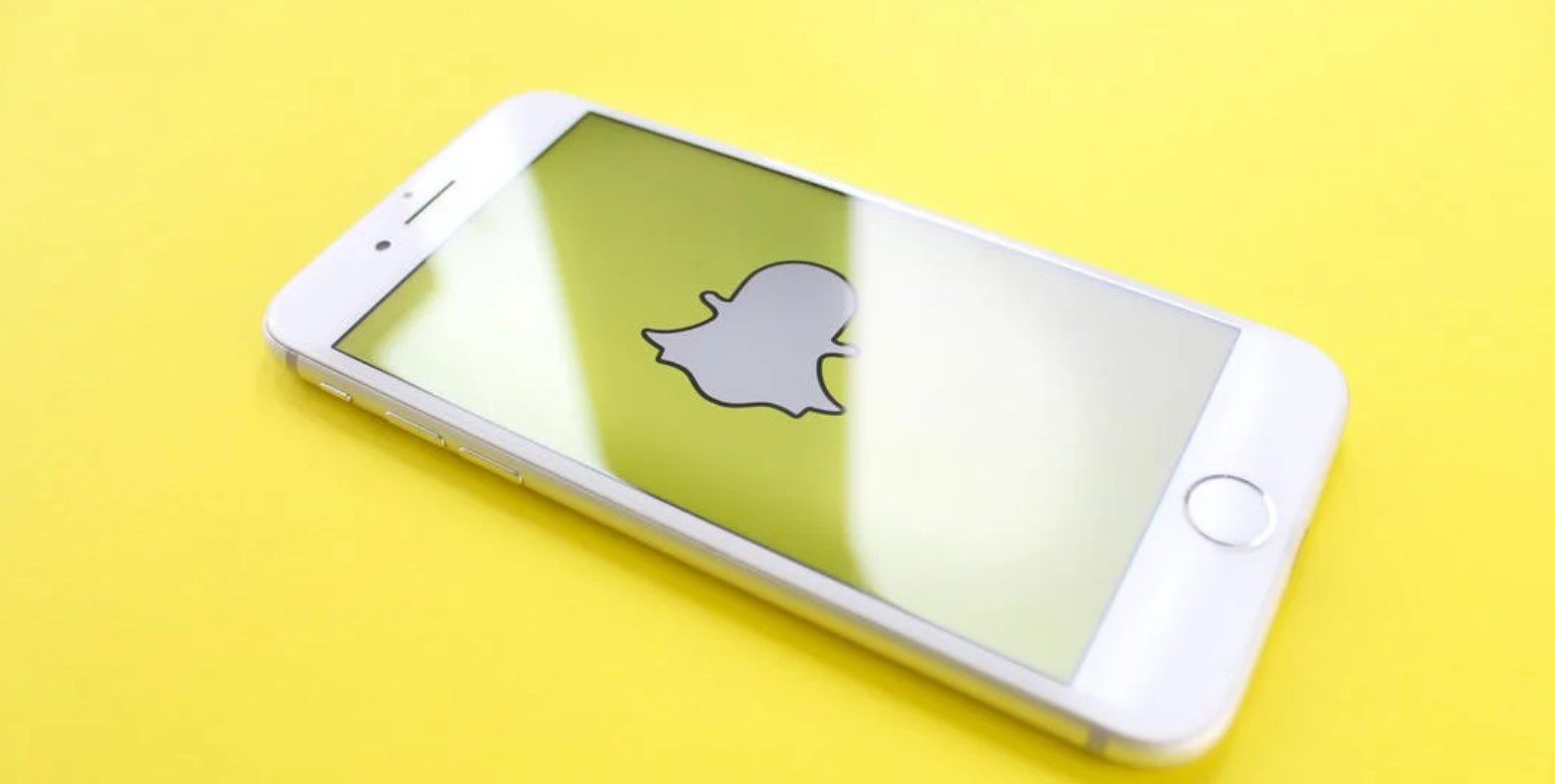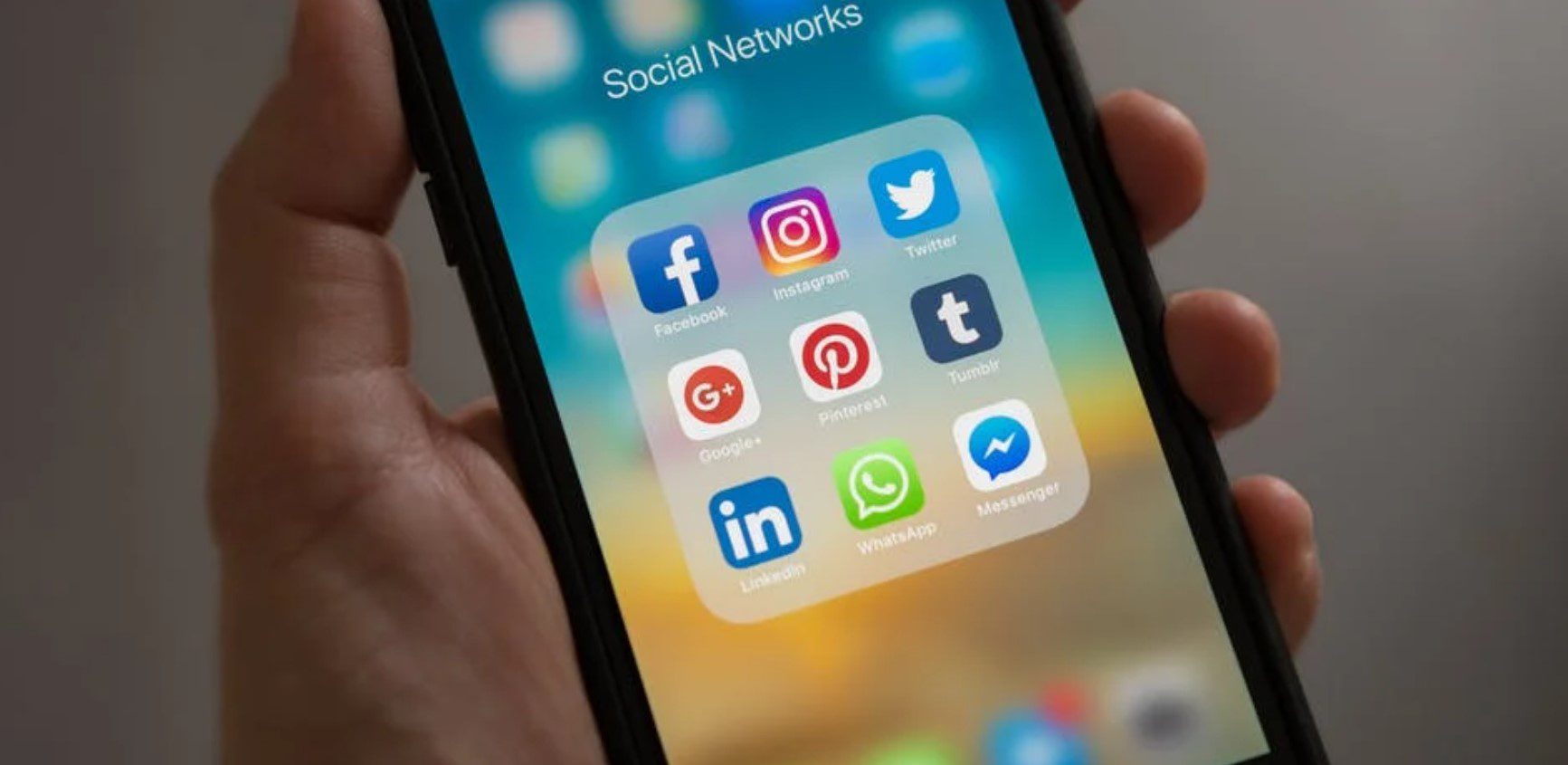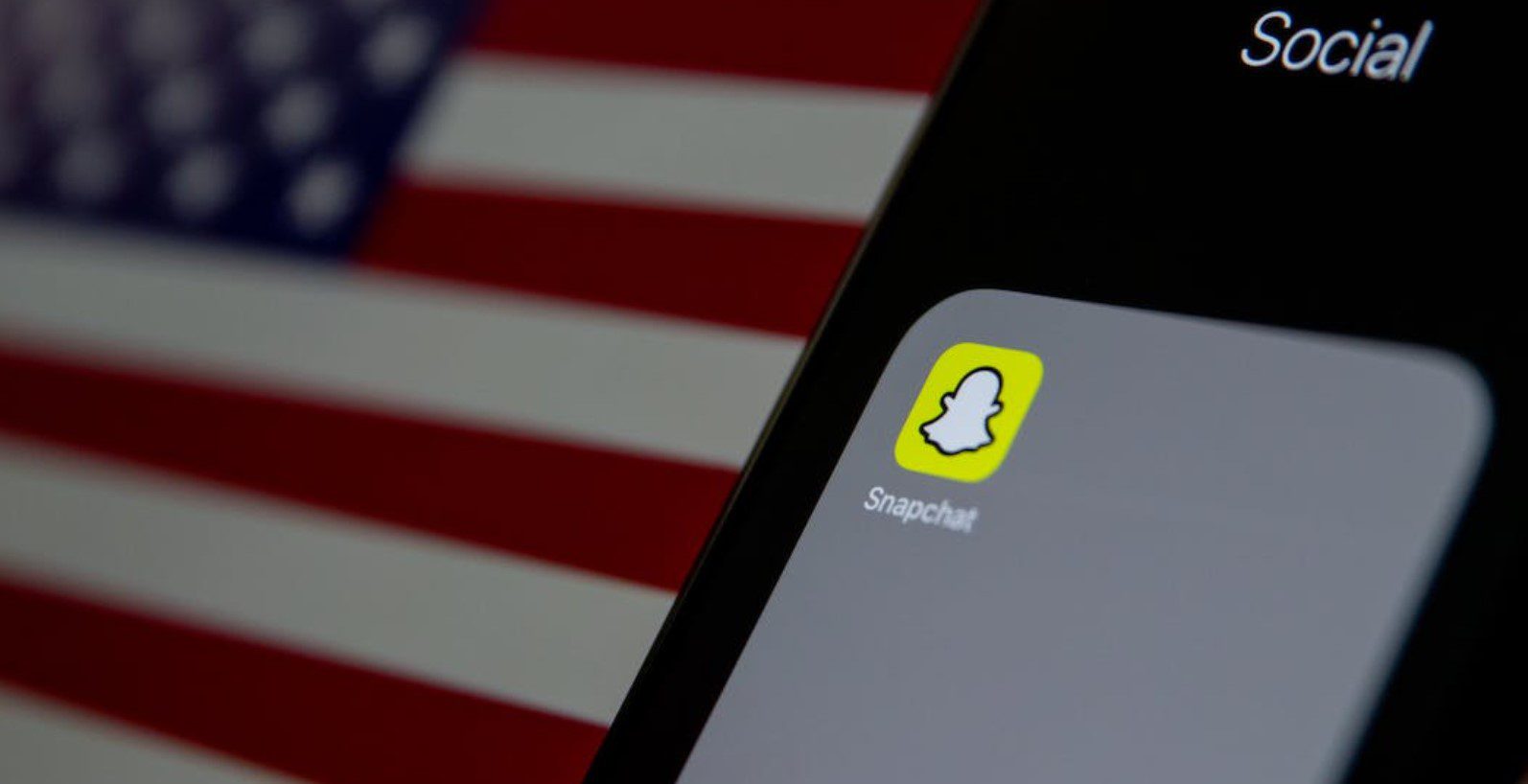A lawsuit in Illinois accuses Snap Inc., the parent company of Snapchat, of infringing a law regulating biometric information from using the app’s lenses since November 2015. This class action lawsuit forces the company of paying a multi-million settlement to those affected. And today, we’re sharing the details of the Snapchat Illinois Class Action Lawsuit Timeline.
If you’re unfamiliar with this case, it’s a court case in which the plaintiff says that Snapchat violated its lenses and filters the Illinois Biometric Information Privacy Act. This law has caused a little trouble for many tech companies. Users in Illinois that joined the lawsuit may be entitled to receive a payment of up to US$ 117 if the case ends up favorably in their way. While Snapchat says they didn’t violate any laws and regulations, the lawsuit might result in Snap Inc.

Snapchat Illinois Class Action Lawsuit Timeline
A $35 million settlement has been reached between an Illinois class action lawsuit and Snap Inc. (the parent company of Snapchat) regarding the use of facial recognition technology. The lawsuit claims that Snapchat collected and stored biometric information about users who used its lenses and filters without their permission, in violation of the BIPA law. Residents of Illinois who used Snapchat’s well-known augmented reality features and lived in the state after November 17th, 2015, may be entitled to a portion of the settlement.
Snap Inc. is only the most recent company to be fined under BIPA, which mandates that businesses obtain user consent before collecting users’ biometric data. The law is distinctive in that it enables individuals to bring legal claims against businesses that may have broken the law.
The Lawsuit
The “Boone, et al. v. Snap Inc.” lawsuit alleges that Snapchat violated the Biometric Information Privacy Act (BIPA) of Illinois by collecting “biometric data” without the plaintiffs’ permission. The social media platform, which enables users to communicate via brief videos and images known as “snaps,” was accused of gathering, storing, and sharing individual users’ facial features and voices without first making the necessary disclosures about how the information would be used and for how long.
According to court documents, the Snapchat Lenses feature, which enables users to take a “Snap,” choose a specific lense, and alter their facial features with special effects, is specifically at the center of the accusations. The lawsuit asserts that Lenses uses technology to “create, obtain, and store” a user’s particular biometric identifiers and to create a face scan. Every time it scanned the plaintiffs’ faces, the feature collected their biometric data without getting their informed, written consent, the lawsuit claims.
No matter where the company is based, the Biometric Privacy Act of Illinois forbids private institutions and businesses from gathering biometric data from unaware citizens offline or online. Data cannot be traded, sold, or transferred. In contrast to other states, California allows citizens to file lawsuits for alleged violations, which has led to numerous David-and-Goliath court battles against some of the most powerful corporations in the world. Illinois law allows citizens to sue businesses for civil penalties of up to $5,000 per violation, multiplied by the number of people harmed and the number of days involved. There are no state regulatory agency doing enforcement of this law.

Snapchat Claims No Wrongdoing
Snap Inc. agreed to the settlement but has not acknowledged any wrongdoing. A company representative claimed in a statement to the Tribune that Snapchat approved an in-app consent notification to Illinois citizens earlier this year out of an abundance of caution. Additionally, it rejected the idea that particular people could be identified using the biometric information gathered via its app.
Google and Facebook Are Also In Trouble
In order to resolve a class action lawsuit in Illinois concerning a facial recognition feature in Google Photos, Google agreed to pay $100 million earlier this year. According to the lawsuit, Google Photos’ “Face Grouping” feature violated the BIPA. Facebook was penalized $650 million last year for breaking the BIPA. According to the lawsuit, Facebook’s practice of using facial recognition to tag individuals in pictures without getting their permission violated state law.
Also Read: What Is The ‘Why Is It Spicy’ Meme That’s Trending On Tiktok?




